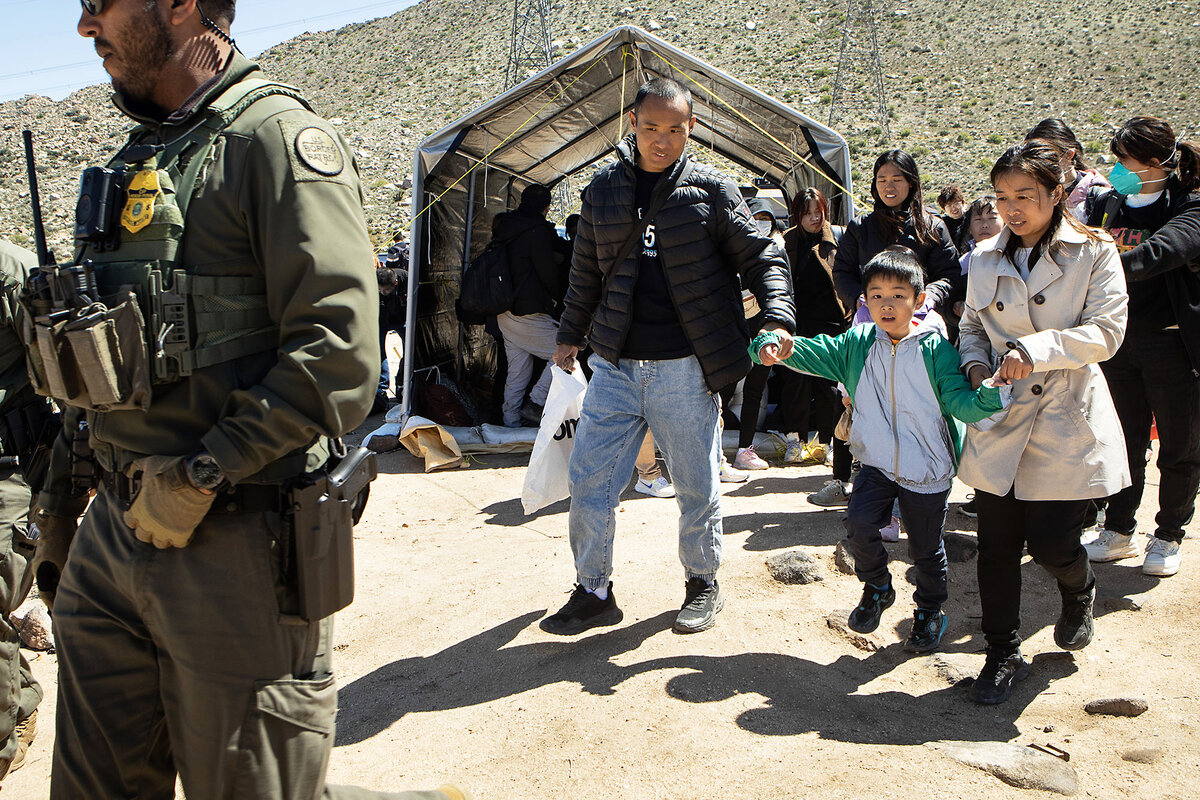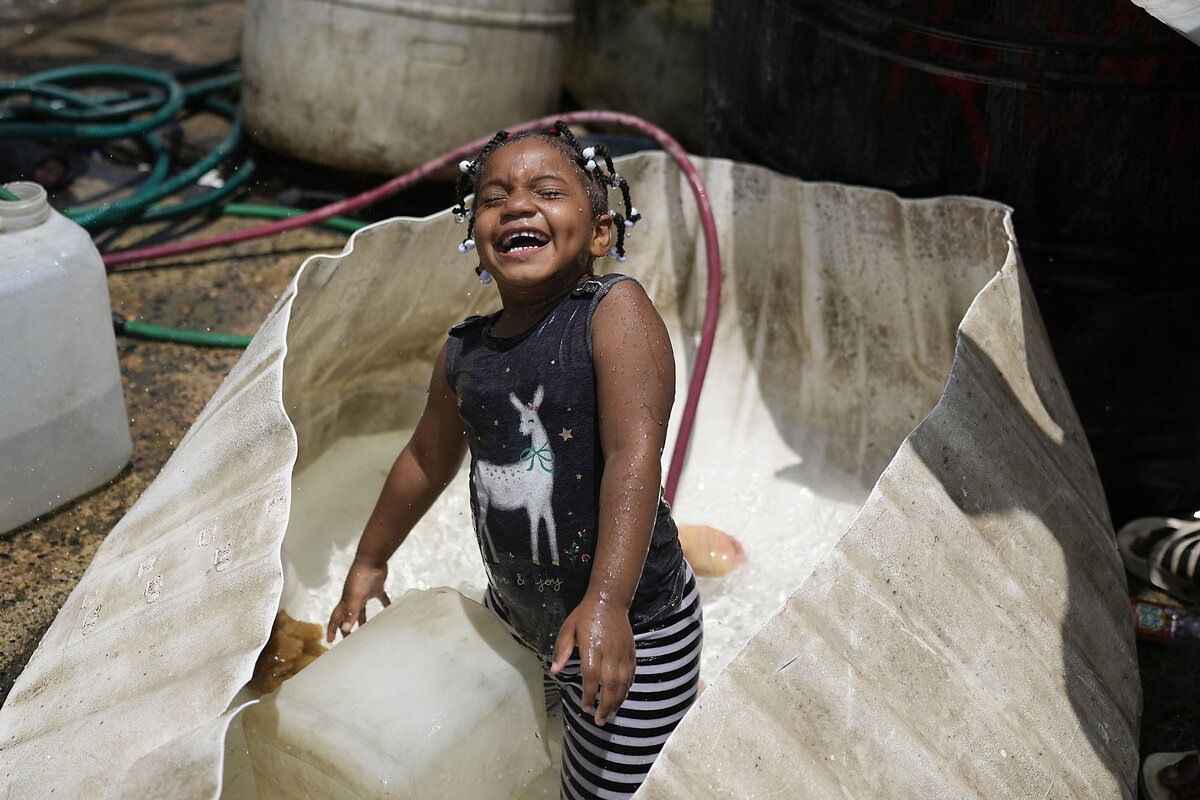Since last fall, the United States, having learned its own lessons, has urged Israel to envision a political endgame for the military campaign against Hamas in Gaza. The government’s continued refusal to do so is creating a widening rift with the military.
Monitor Daily Podcast
- Follow us:
- Apple Podcasts
- Spotify
- RSS Feed
- Download
 Mark Sappenfield
Mark Sappenfield
I’ve spoken to Monitor reader Sam Daley-Harris in this space before. He is determined to change the way we change the world. We can do advocacy better, he insists.
Recently, he shared this piece he wrote for The Fulcrum, and I had to share some of it here. He writes of Eva Cassidy, the singer who died of cancer in her 30s. Not long before her death, she took to the stage at a benefit concert to sing one song: “What a Wonderful World.”
“Imagine,” Sam writes. “Instead of focusing on pain, suffering, debt or despair, she sang ‘What a Wonderful World’ surrounded by her community of friends and supporters. What if our politics came from a similar place of grace? What if our activism sprang from such gratitude?”
His answer: “It could.” We need to learn not to give up in “discouragement and despair” but to find ways “to have breakthroughs and see [ourselves] in a new light.” That is a recipe for transformational advocacy, he says. To me, it sounds simply like transformation, which is perhaps the same thing.











